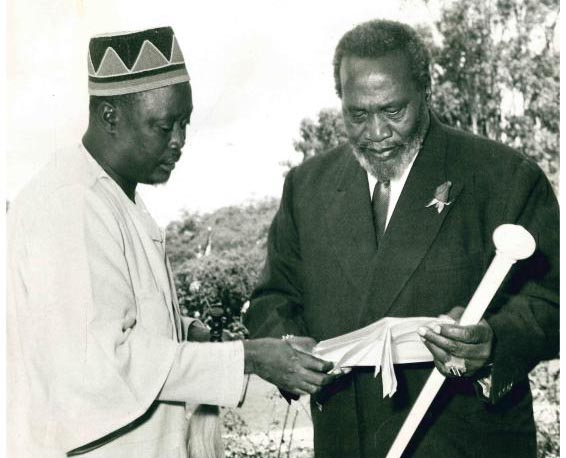×
The Standard e-Paper
Join Thousands Daily

This week President Uhuru Kenyatta tours Nyanza, which never voted for him in his two-term presidency, but is now central in his legacy and succession plans.
In contrast, it comes at a time he has lost traction with yet another key voter bloc – the North Rift – which helped him win his stay in office. Balancing between the two blocs posed a similar dilemma to Uhuru’s father, first President Mzee Jomo Kenyatta.







